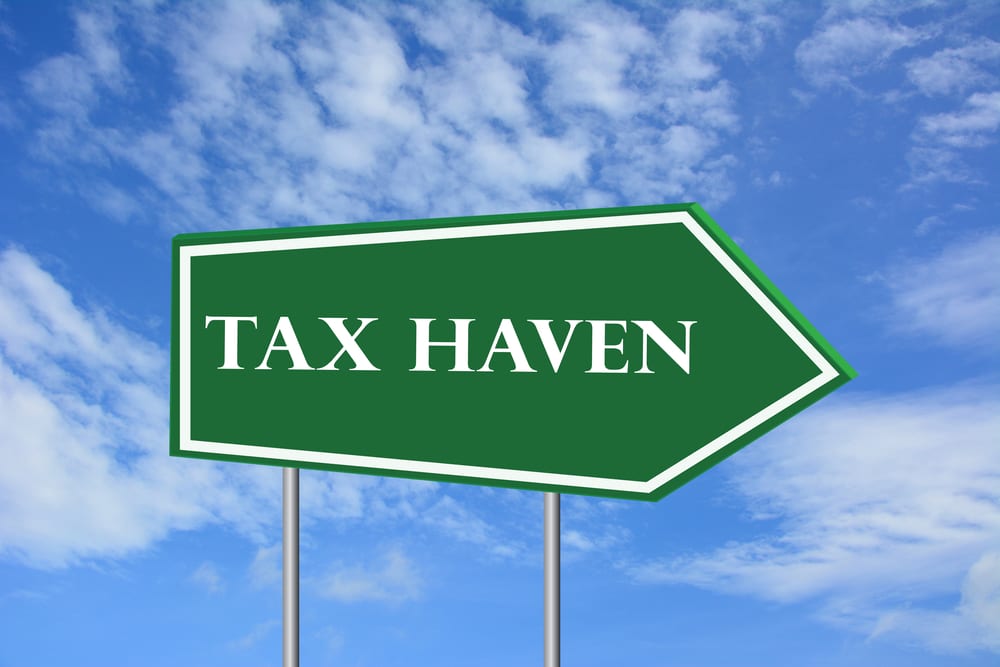More Tips to Maximize the Benefits of HSAs
Too many health savings account (HSA) owners don’t reap all the advantages of their accounts.
Last month, I reviewed the triple tax benefits of HSAs and how the accounts can be powerful retirement savings vehicles. Use of the accounts is increasing rapidly, yet there are misunderstandings about the accounts. Even many people who benefit from HSAs don’t know how to take full advantage of their power. Some people don’t contribute to an HSA, because they believe their out-of-pocket medical expenses never will be high enough to exhaust the account bal-ance and they won’t be able to take the money out to cover other expenses. That’s incorrect. An HSA can pay for non-medical expenses.
When distributions from an HSA are used to pay for anything other than qualified medical expenses, the distribution is included in gross income just as though it were a traditional IRA; the distribution no longer is tax free.There’s an additional 20% penalty when you’re under age 65 and take a distribution for non-medical expenses. But beginning at age 65, a distribution from an HSA to pay non-medical expenses is taxed the same as a distribution from a traditional IRA. Like an IRA, an HSA has to be maintained by an administrator or custodian, and each custodian offers different terms. When opening an individual HSA, carefully choose the administrator or custodian.
Morningstar did a study of major HSA providers in 2017 and was unimpressed with most of the offerings. Some charge monthly fees that quickly can eat away the value of the HSA. Others offer very limited investment options. Review all the fees associated with an HSA and examine the investment options. Many people invest their HSAs in cash or something similar. While you don’t want to take a lot of risk with the account (unless you’re relatively young and believe you won’t need the money for years), you should consider investing to earn a little more than cash pays. Many HSAs can be linked to accounts at discount brokers and invested in most of the investments offered by the broker. Also, investigate the spending and reimbursement options.
Many HSAs now offer a free debit card and a checkbook. You can pay for medical expenses by either using the debit card or writing a check. The checks also can be used to reimburse yourself for qualified medical expenses you paid.
You might be able to link the HSA with one or more of your other financial accounts to make distributions and contributions easy. For example, after incurring a qualified expense you can transfer money to your checking account, either online or by telephone.
Annual contributions to the HSA might be made by transferring money from your bank or brokerage account.
While many custodians offer those easy ways to take distributions and make contributions, some don’t. Some HSAs even require you to complete a distribution request before they’ll issue a payment.I recommend taking a look at HSA Bank and The HSA Authority. Each is associated with a relatively small bank and offers HSAs nationwide with good terms and good investment options.
Also, consider Health Savings Administrators.There’s an IRA rollover option avail-able to someone who wants to fund an HSA but doesn’t have the cash. You can rollover from a traditional IRA to an HSA an amount up to the year’s annual contribution limit. The rollover will be tax free. But this option can be used only once in a lifetime. And the rollover, plus any other contributions for the year, can’t exceed the year’s contribution limit.
As you reach age 65, you should know that once you enroll in Medicare, no contributions are allowed to your HSA. Most people need to enroll in Medicare at age 65 to avoid paying higher premiums for life as a penalty for signing up later. In addition, you’re automatically enrolled in Part A when you file for Social Security retirement benefits.
If you make an HSA contribution after being enrolled in Medicare, you’ll owe a penalty for excess contributions. The HSA also can be an estate planning vehicle. There are no required minimum distributions. The HSA balance can accumulate until you need it.When you pass away, the account bal-ance goes to the beneficiary you named. The tax treatment depends on who your beneficiary is.When you don’t name a beneficiary or name your estate, the HSA will be distributed to your estate. The entire amount will be included in gross in-come on the estate’s income tax return.There’s better treatment when your spouse is the beneficiary.
The account will remain an HSA, and your spouse will be its new owner. Distributions to pay or reimburse qualified medical expenses will continue to be tax free. Distributions for non-medical expenses will be taxed the same as they would have been to you as described above. When the beneficiary isn’t your spouse, the account stops being an HSA on the date of your death. The account balance is distributed to the beneficiary and included in gross income. But any qualified medical expenses you incurred before passing and that the beneficiary pays within one year of your death can reduce the taxable amount.You also should ask your children about their use of HSAs.
Suppose an adult child qualifies for opening an HSA, because he or she is covered by a high-deductible medical insurance policy. Suppose the child also doesn’t have enough cash flow to contribute to the HSA or can’t contribute to the maximum.You can make contributions to the HSA for the child.
Total contributions to the HSA for the year from all sources can’t exceed the annual limit. The contribution counts toward your annual gift tax exclusion amount of $15,000. You won’t be able to deduct the contribution, because the HSA isn’t covering you or a dependent. Funding a child’s HSA is a good way for you to make tax-wise gifts.
![]()





